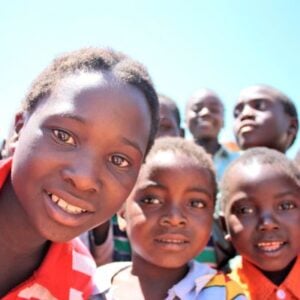Malaria remains endemic across all regions of South Sudan, posing a significant health challenge with an estimated 5.5 million cases and over 4,000 deaths annually. Limited access to treatment, insecticide-treated bed nets (ITNs), and vaccines has contributed to rising malaria prevalence, particularly among children aged 6–59 months, whose infection rates increased from 32% in 2017 to 52.6% in 2023. The fragile healthcare system continues to struggle under this heavy burden, prompting urgent interventions.
In response, the Ministry of Health, with support from WHO, UNICEF, Gavi, and JSI, introduced the R21 malaria vaccine in July 2024 across 28 high-burden counties, targeting over 265,000 children aged 5 to 23 months. By August 2024, 91% of targeted health facilities had received vaccines, and 71% of these facilities reported administration data. The initiative aimed to reduce malaria-related deaths and complement existing prevention measures, including bed nets and antimalarial drugs.
The first phase of the vaccine rollout achieved moderate initial success, with 148,878 children receiving the first dose between July 2024 and May 2025. However, there was a steep decline in follow-up doses, with only 56% receiving the second dose, 34% the third, and 7.6% completing the full four-dose schedule. Health authorities, including Minister of Health Sarah Cleto Rial, emphasized the need for enhanced service delivery, community engagement, and follow-up mechanisms to improve adherence and maximize impact.
The second phase of the R21 vaccine rollout expands coverage to 52 counties, aiming to reach 324,571 children. UNICEF and WHO continue to support the initiative, providing vaccines, training, and technical guidance, while also supplying malaria commodities to treat thousands of cases. Despite these efforts, funding gaps remain, with only 25% of the estimated USD 3 million required for malaria commodities secured as of March 2025.
The R21 vaccine schedule includes three primary doses at 5, 6, and 7 months, with a fourth dose at 18 months coinciding with the second dose of the measles vaccine, which South Sudan will introduce in August 2025. This vaccine scale-up is part of a broader national strategy, which also plans for the distribution of 9.5 million long-lasting insecticide-treated nets in 2026 to further reduce malaria cases and fatalities among children.
The second phase represents a critical step in protecting South Sudanese children from malaria, strengthening prevention efforts, and reducing childhood morbidity and mortality. UNICEF, WHO, and the Ministry of Health highlight that the initiative not only delivers vaccines but also provides hope for a future where children can survive, thrive, and contribute to the nation’s development free from the burden of malaria.





